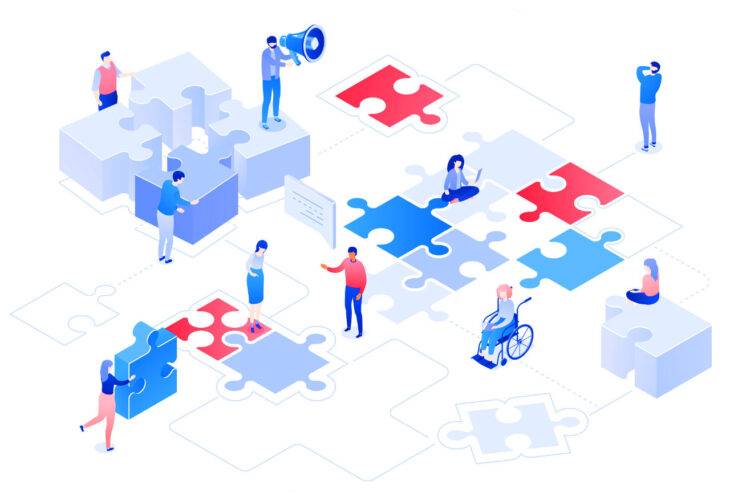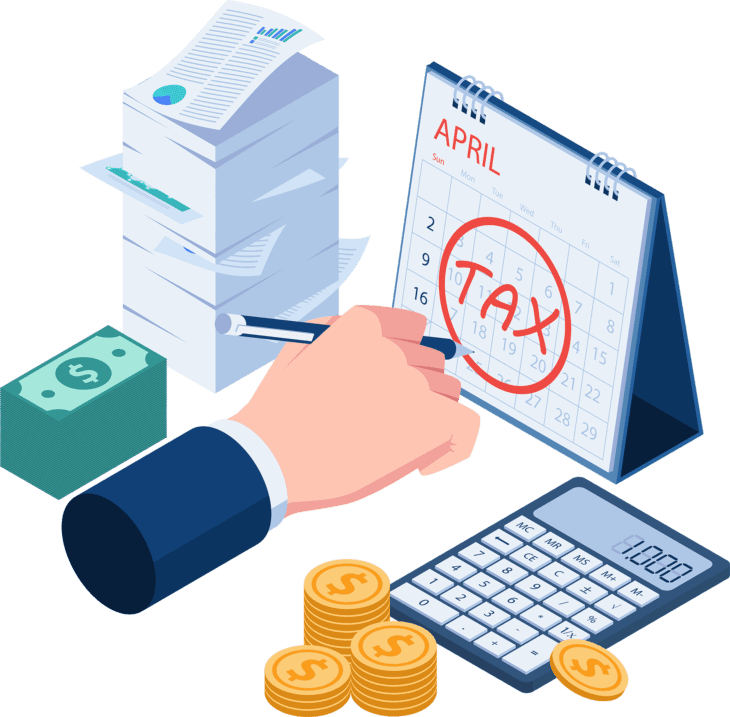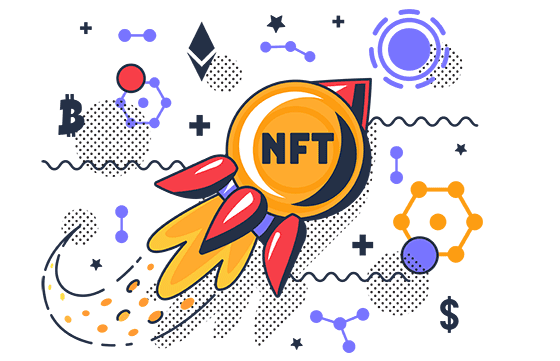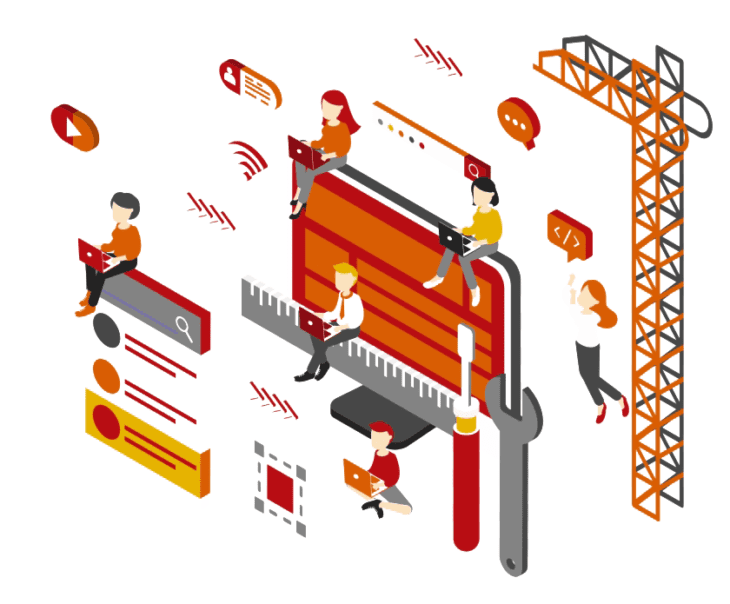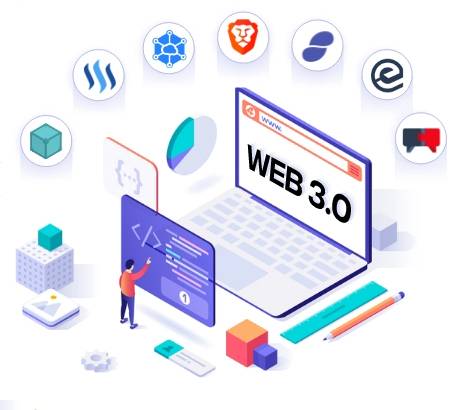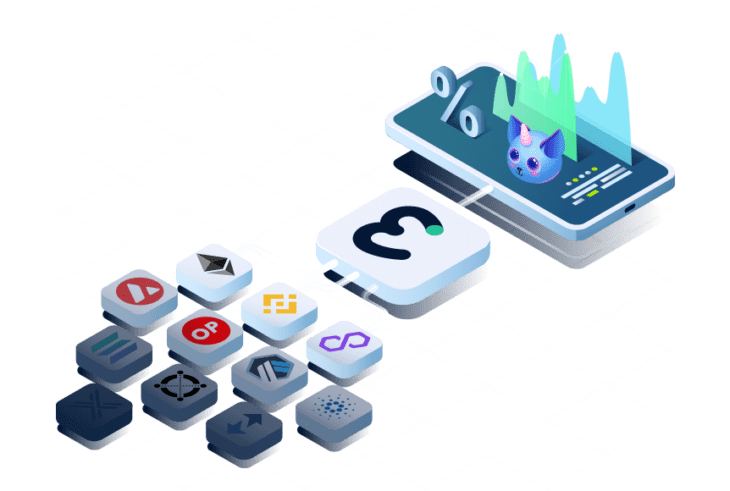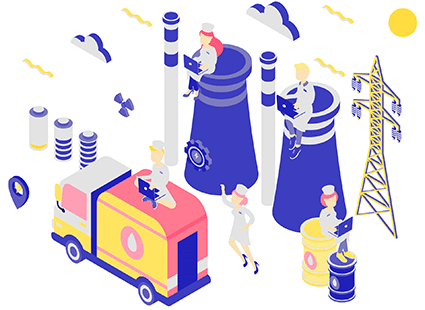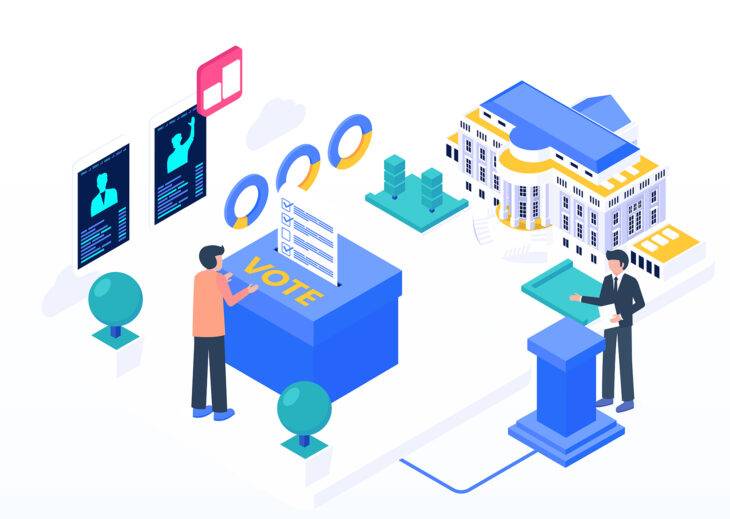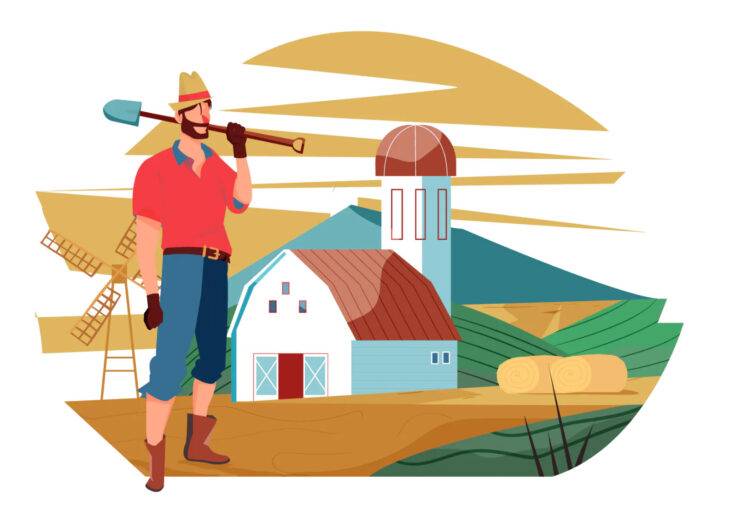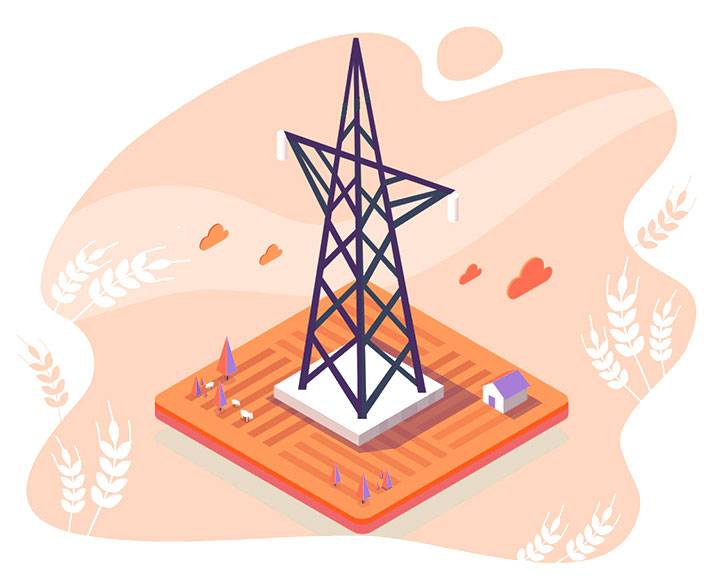The power consumption of bitcoin and other comparable blockchain networks has drawn them into a broader discussion about sustainability in recent months. However, the enormous potential for smart contracts — completely traceable, transparent, and irreversible self-executing contracts that operate on blockchains to aid in the battle against climate change has been overlooked.
Smart contracts enable us to create globally accessible and completely automated incentive systems that directly compensate individuals, businesses, and governments for engaging in sustainable activities such as regenerative agriculture, carbon offsets, and crop insurance. At its heart, combating climate change will require a sea change in global purchasing patterns, and smart contracts are an incredibly effective instrument for rewarding involvement in global green efforts.
Obstacles
Until recently, the development of green smart contracts was hindered by blockchains’ inability to interact effectively with data about the actual world, particularly the status of the environment. However, in recent years, ‘oracles’ — entities capable of shepherding facts about our world onto blockchains, and have matured to the point that they can be used in production. Today, for instance, these oracles are broadcasting agricultural data sets straight into blockchains, allowing smart-contract developers to construct applications around crop yields, soil quality, weather forecasts, and carbon offsets, among other things. Additional environmental data sets, such as weather patterns and internet of things (IoT) sensor readings, can be included in blockchains. Developers are beginning to create a diverse array of environmentally sensitive smart contract applications. Three instances follow.
1. Agriculture that is regenerative
One of the most significant ways in which smart contracts may engage ordinary people in the battle against climate change is through the implementation of regenerative agricultural programs. These include initiatives to incentivize communities all over the globe to decrease their carbon footprints through more sustainable land-use practices, which often comprise a combination of tree planting and conservation.
Smart contracts that can interact with real-world data allow for the automated distribution of rewards to those who care for these significant swaths of land. For example, in collaboration with Cornell University’s Initiative for Cryptocurrencies and Contracts (IC3), the Green World Campaign is developing smart contracts that use satellite data to automatically distribute rewards to people who successfully regenerate bodies of land by increasing tree cover, improving soil, and other methods. Oracles use data from satellite pictures to activate smart contracts created on a blockchain, ensuring that workers on the ground are compensated fairly and openly.
2. Consumption with awareness
Environmentally concerned individuals and businesses can potentially benefit from smart contracts. For example, suppose an individual successfully activated a forestry smart contract. In that case, they might be compensated in the form of tokenized carbon credit, which could then be sold to charity groups, crowdfunding campaigns, or even businesses looking to demonstrate their environmental effect. Because these tokenized carbon credits can only be generated if satellites or IoT devices report substantial reforestation to a smart contract, these organizations can prove that their money was put to good use.
Smart contracts can also provide environmentally concerned clients with greater alternatives for energy use. Decentralized energy networks, such as the Brooklyn Microgrid Project, employ smart contracts to enable users to produce and trade solar electricity with their neighbors via an exchange that uses a blockchain as a coordination mechanism. The capacity to buy and sell solar energy credits among neighbors can cut both energy transportation costs and greenhouse gas emissions.
While many individuals are modifying their purchasing patterns on their own, a more extensive social transformation in behavior will almost certainly necessitate connecting financial incentives with more sustainable consumer decisions. Consumers can automatically receive incentives or punishments based on their consumption patterns through the implementation of smart contracts linked to real-world data. Resulting in behavioral changes that would not have occurred through education alone. NetObjex is a project that installs IoT sensors in chosen hotels to track a guest’s water and energy use during their stay. Smart contracts may interact with the resultant data about a hotel visit via oracles and automatically compute and reward visitors depending on consumption criteria.
3. Using crop insurance to mitigate risk
Weather patterns are already changing as a result of climate change. Farmers all over the world, the great majority of whom are entirely uninsured, are especially sensitive to variations in weather patterns, such as rainfall, drought, wind, and other factors. Despite the fact that 75% of agricultural risks are still uninsured, traditional insurance firms have failed to offer enough coverage to small-time farmers in developing nations. As a result, the majority of people have profoundly precarious lives. Poor weather conditions can devastate farmers’ financial well-being, causing families to be uprooted and farmland to be destroyed or abandoned. If the effects of climate change continue to worsen, there is little question that the resultant insecurity would disproportionately harm farmers.
Fortunately, smart contracts that use oracles to take into account shifting weather conditions can provide a solution, or at the very least a mechanism for a person with little resources to hedge against considerable risk. Insurance initiatives such as Arbol and Etherisc, for example, provide smart contract-powered crop insurance to farmers all around the world. Farmers may use smart contracts to take out a policy on their plot of land, establish specified contract execution criteria (such as a specific quantity of rainfall), and then rely on oracles to monitor weather trends. If the Oracle network indicates that a specific measure has been satisfied, the farmer receives an automated reward. A farmer may now secure their financial future with little more than a smartphone, thanks to smart contracts that can communicate with meteorological data via oracles.
The big picture
The emergence of smart contracts demonstrates that blockchain technology is far more than decentralized money alone, just as the internet has grown much larger than email. The marriage of blockchains and oracles is ushering in a new era of smart contracts, which may generate completely new sorts of incentives for sustainable human consumption. As the debate over climate change heats up, we must make it clear that the environmental effect of this sector will be defined by far more than any single project’s consensus mechanism.

